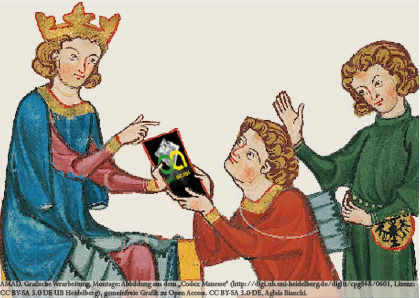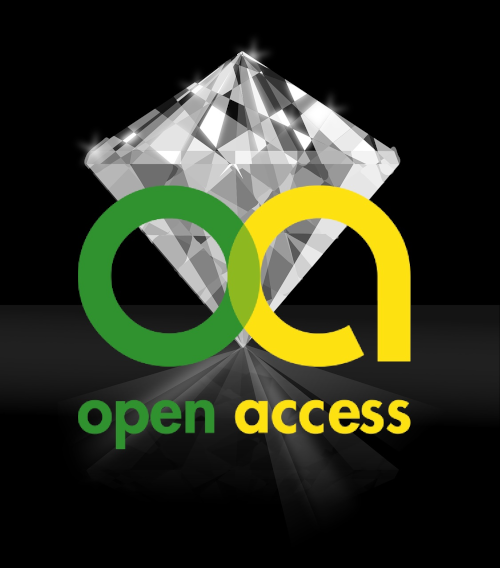AMAD
„Archivum Medii Aevi Digitale - Interdisziplinäres Open-Access-Fachrepositorium und Wissenschaftsblog für Mittelalterforschung‟Zur Einreichung

| Titel: | 'Ye bok as I herde say': Orality as a rhetoric in medieval and modern discursive contexts |
| Mitwirkende: | Sprenkle, Melissa C. Putnam. The University of Tennessee |
| Beschreibung: | Rather than viewing orality as a cognitive process or cultural context separate from literacy, this project argues that orality functions as a holistic rhetorical perspective and that there are three distinct orality rhetorics (epic, popular, and conversational) which use the notion of 'voice' to differently organize the relation between language, culture, and the world. To demonstrate the interpretative differences which result from the application of different orality rhetorics, this study examines and compares oral approaches to textual problems in medieval vernacular narrative poetry (specifically in reference to Beowulf, Sir Gawain and the Green Knight and the Nibelungenlied). ; The first chapter traces epic, popular and conversational orality as they have functioned in interdisciplinary research on discourse over the past three decades and demonstrates how the voice theorized as 'primary' by each orality organizes different assumptions about epistemology, textuality, and subjectivity. The second chapter scrutinizes the epistemology undergirding epic orality and demonstrates how theorizing orality and literacy as distinct conceptual schemes leads to anachronistic interpretations of culture and literature (including, ironically, orally-derived epics such as Beowulf). The third chapter argues that because conversational orality theorizes the relations between subjects, texts, and contexts as heterogeneous yet coherent, it is more likely to exceed the confines of the hermeneutic circle and pull up new aspects of discursive and cultural phenomenon for conscious consideration. Interestingly, this notion of coherent heterogeneity gives a better account of how we can understand texts composed in the distant past (such as Sir Gawain and the Green Knight) than accounts (such as those given by epic orality) which define our relationship to the past (and to all others) through difference and incommensurability. The final chapter contrasts the notions of personhood (subjectivity) underlying epic and conversational orality. In an analysis of representations of feminine voices in Germanic heroic epic and among critics of that genre, this chapter argues that the ethical project of epic orality is limited to the extent that it artificially enhances the voice of the masculine warrior hero posited by the epic. ; Source: Dissertation Abstracts International, Volume: 59-08, Section: A, page: 2963. ; Major Professor: Linda Bensel-Meyers. ; Thesis (Ph.D.)--The University of Tennessee, 1997. |
| URI: | https://www.amad.org/jspui/handle/123456789/79037 |
| Quelle: | https://fau.digital.flvc.org/islandora/object/fau%3A8492/datastream/TN/view/%27Ye%20bok%20as%20I%20herde%20say%27%3A%20Orality%20as%20a%20rhetoric%20in%20medieval%20and%20modern%20discursive%20contexts.jpg http://purl.flvc.org/fcla/dt/40884 |
| AMAD ID: | 568990 |
| Enthalten in den Sammlungen: | BASE (Bielefeld Academic Search Engine) General history of Europe |

